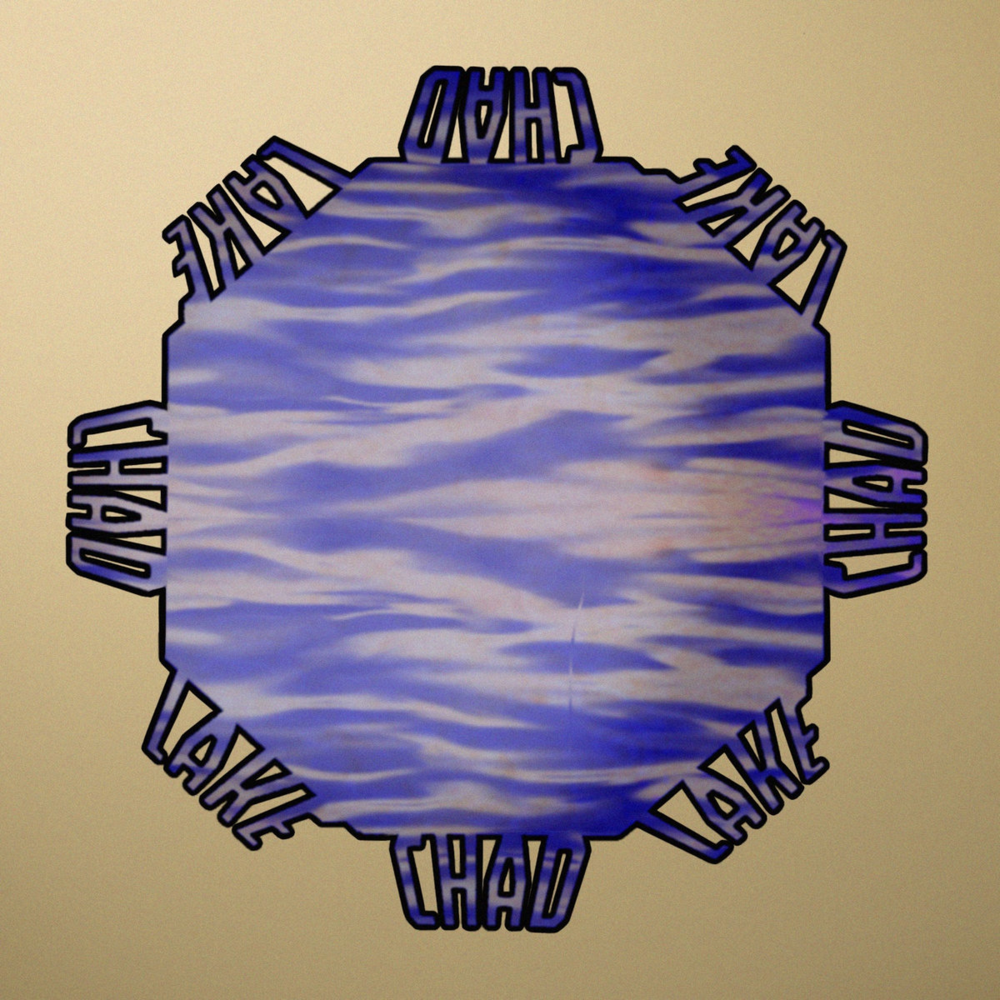Released last June, Lake Chad’s EP delves into the fringes of experimental rock by mixing aspects of experimental rock with folk, and occasionally adding particularly groovy bass lines. The Canterbury-based band is evidently passionate about its musical creation, but at the same time charitable. All the band’s proceeds go to the Lake Chad mission: a mission dedicated to provide animals and people around Lake Chad with fresh drinking water. The lake in Western Africa just east of Nigeria’s border, after which the band is named, has been disappearing over the past few decades due to climate change, illegal irrigation, and warlord activity that reduces lake access.
The EP’s music, however, leaves me wanting something a little more. While not bad in the slightest, it is quite difficult to differentiate the songs about a minute or two into each track. That being said, “Chemical Dave” and “Almond Tree” are my favourites in the EP, mainly due to the drastic difference between the two pieces. Whereas “Chemical Dave” has an interesting, grooving bass line that smoothly carries the listener through the piece, “Almond Tree,” alternatively, has an intensely folk feel to it which, admittedly, felt very unique.
Instrumentally, the songs are well performed and each track has its own sense of individuality — or at least the introductions to the songs do. The variation in the intros between pieces is quite well orchestrated and developed, but there still is this grander feeling, that when the tracks are taken as a whole, the EP tends to blend (in terms of sound) toward the middle. I quite easily forgot which piece was which once I was a ways in the piece. In essence, while each track starts off as unique and distinctive once the works play for a bit they all blend into monotony. This is due to the length of some of the pieces since the two five-minute-long tracks tend to have a fair bit of drag at the two-to-three-minute mark.
The vocalists do a fairly good job; each singer portrays a different sound and really excels at making the piece feel either more towards folk or towards rock. At times, though, it can be difficult to make out the lyrics clearly. This is relatively minor as most of the time the meaning and jist of what is being said makes it across to the listener. In this regard, “Pita” and “Almond Tree” have the best vocals on the EP. “Pita” is relatively clear and crisp, and the vocals and rhythm of the track work well together, while “Almond Tree” feels like there is a folk story being told throughout and the listener has to piece it together. The aesthetic experience of these two tracks and their accompanying vocals are pleasing and enjoyable.
That being said, I did not find anything particularly showstopping about the EP. I enjoyed elements of the record but the body of work failed to hold my attention and I often found myself losing interest and forgetting what track I was listening to. However, that is not to say the music wasn’t performed with skill. I think this EP would be best added to a study, or other such absent-minded type of playlist. Lake Chad are distinguishable enough to be able to tell that they are experimental folk and rock but not so much that you would be able to name them within a few moments of hearing them. I would recommend this to any music enthusiast; however, I would warn that Lake Chad’s EP has a tendency to hit monotony during the centre of its pieces. Although the experience is still noteworthy and the band’s charity admirable, the pieces were nothing beyond ordinary.


